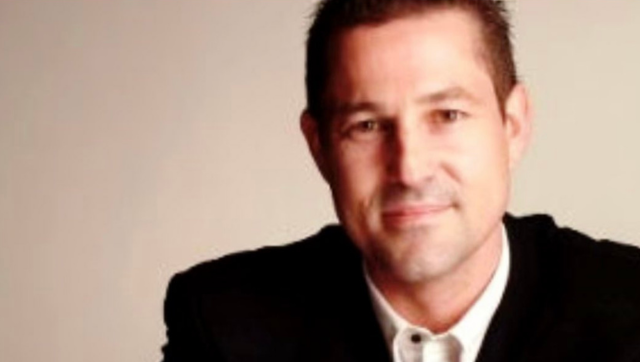Sydney: Due to his close ties to China, a Sydney court denied an Australian man’s request for bail after he was charged with a foreign interference violation for receiving money from alleged Chinese intelligence agents in exchange of state secrets about AUKUS deal. Alexander Csergo, who was arrested on Friday, was described by Magistrate Michael Barko as a “sophisticated, worldly businessperson” who had been on Australian intelligence’s radar for some time. In his decision to deny bail, the judge stated that the prosecution had a solid case against Csergo, 55, who had spent decades living in China. The court heard that Csergo is claimed to have returned to Australia this year with a “shopping list” of intelligence priorities that he was asked for by two individuals he had suspected since 2021 of being Ministry of State Security of China operatives. The two, who were only identified in court as “Ken” and “Evelyn,” initially contacted Csergo via LinkedIn. The court was informed that Australian intelligence officials had found this list, three weeks after his return to Sydney. According to sources, Csergo was instructed to handwrite reports on the QUAD diplomatic alliance between Australia, India, Japan, and the US, iron ore and lithium mining, and Australia’s AUKUS defence technology partnership with the US and Britain. The marketing executive was detained last Friday in Bondi, a Sydney neighbourhood near the ocean. He is the second individual to be accused of violating Australia’s foreign interference law, which makes it illegal to take part in any conduct that aids a foreign government in interfering with Australia’s sovereignty or other vital interests. The maximum prison term for it is 15 years. Csergo, a high security prisoner at Parklea Prison, made an appearance in court by video link. In court with him were his mother and brother. When he met Ken and Evelyn in Shanghai cafés and restaurants, the places had been empty, and he assumed they had been cleared, he had told Australian intelligence officials in an interview, according to Mr. Barko. He allegedly received cash payments in envelopes, experienced extreme fear, went into “survival mode,” and exchanged almost 3,300 WeChat chats with the couple. The magistrate expressed fear for Csergo’s safety and said that certain individuals might not want him to testify against China. His attorney, Bernard Collaery, had asked for bail, claiming that the accusations against his client were “shallow and unsubstantiated” and that the reports Csergo had produced were based on material obtained from public sources. Conor McCraith, the prosecutor, disputed this and claimed that he had secretly collaborated with two other people to compile reports, thus it was not entirely open source. Additionally, he said that Csergo had invited Ken to visit Australia rather than contacting Australian authorities to express his worries about Ken and Evelyn. During the Covid-19 lockout in Shanghai, Collaery claimed that Csergo did consulting work to supplement his revenue because it was a typical business practise in China to make cash payments. Naturally, he thought Ken and Evelyn were watching him. He felt really concerned about it because that is how things are in China, according to Collaery. Since 2002, Csergo has worked in data marketing in China, including time spent with a significant global advertising firm. The attorney claimed that after his detention, his client’s career had “tumbled down,” and that he had no plans to travel back to China but rather to sue the Australian government for damages for destroying his career instead. Outside of court, Collaery spoke to the media and expressed worries about the reach of the 2018 foreign interference statute. He described the matter as a “civil liberties” problem. “You can be guilty of foreign interference if you work as a consultant in any foreign country… and you undertake consulting work that may relate to Australia’s foreign influences or national security,” he told reporters. Read all the Latest News , Trending News , Cricket News , Bollywood News , India News and Entertainment News here. Follow us on Facebook , Twitter and Instagram .
Australian man gets bail denied over charges of selling state secrets to Chinese spies
Abhishek Awasthi
• April 17, 2023, 15:40:17 IST
The court heard that Csergo is claimed to have returned to Australia this year with a “shopping list” of intelligence priorities that he was asked for by two individuals he had suspected since 2021 of being Ministry of State Security of China operatives
Advertisement
)
End of Article